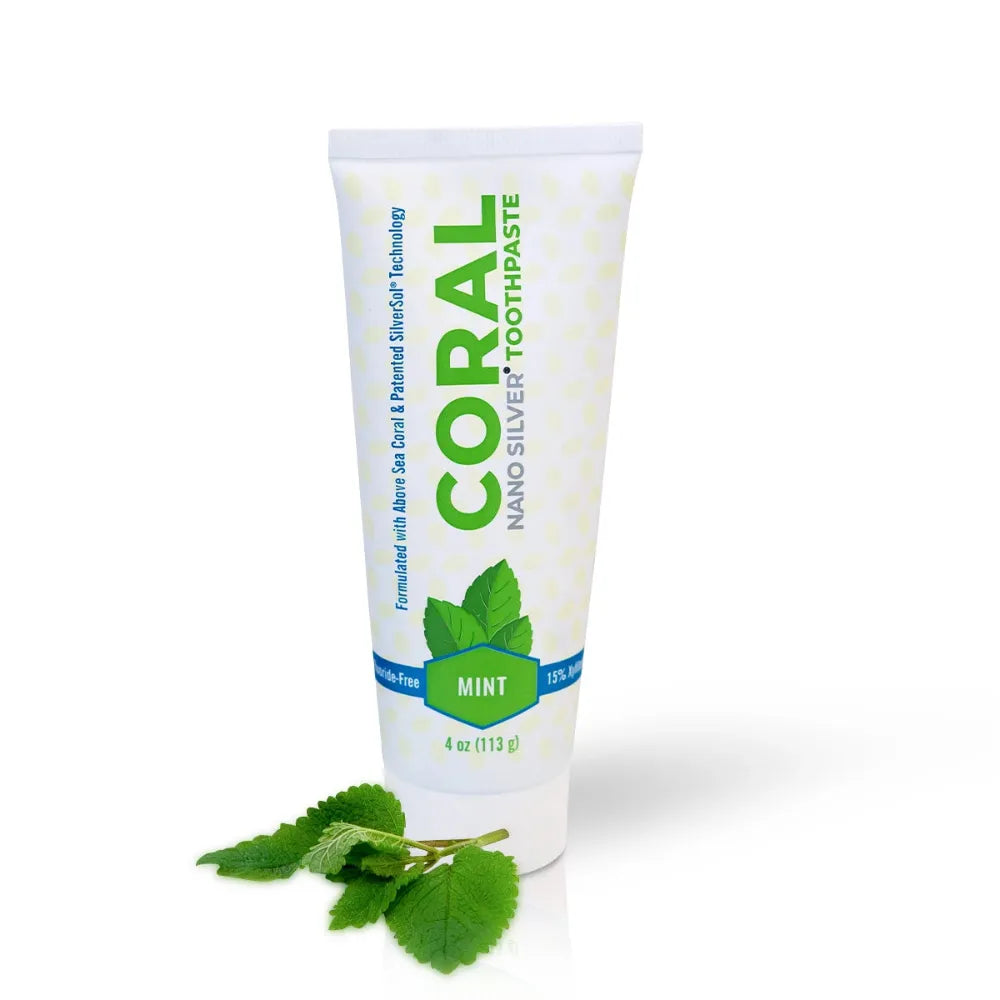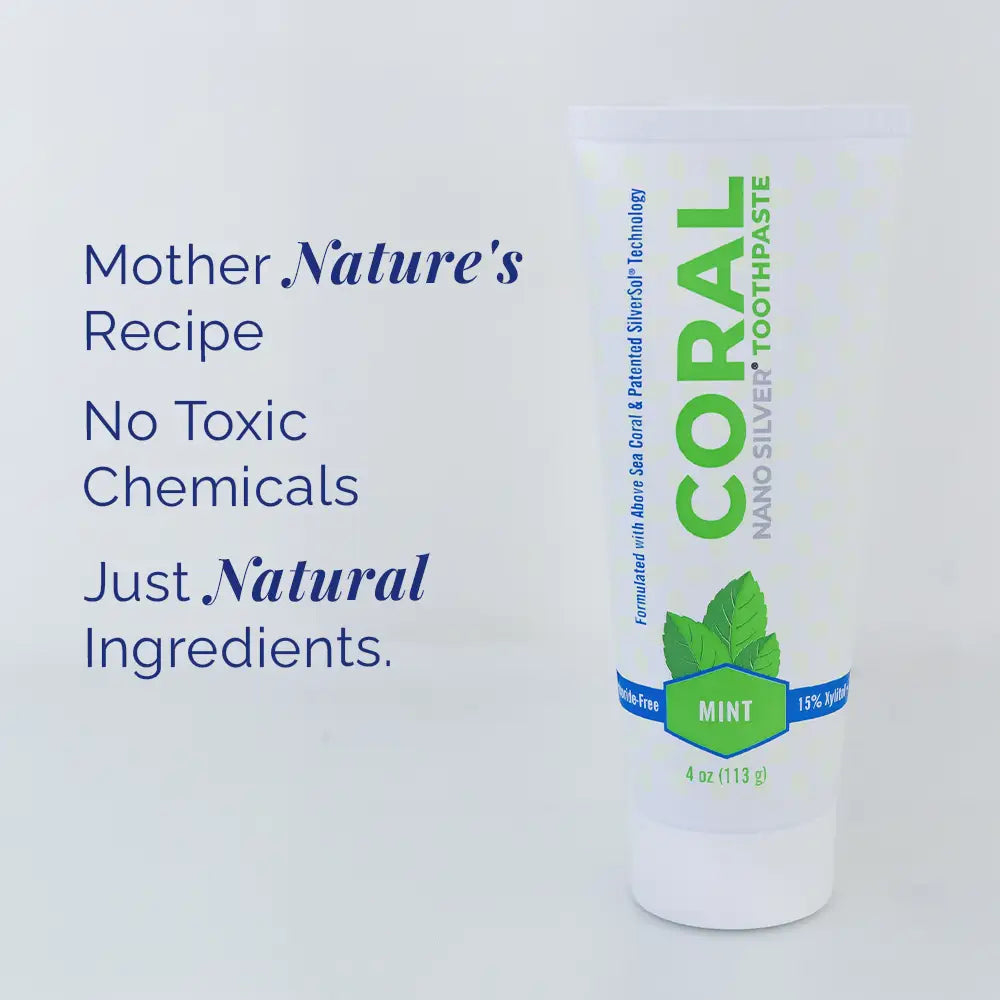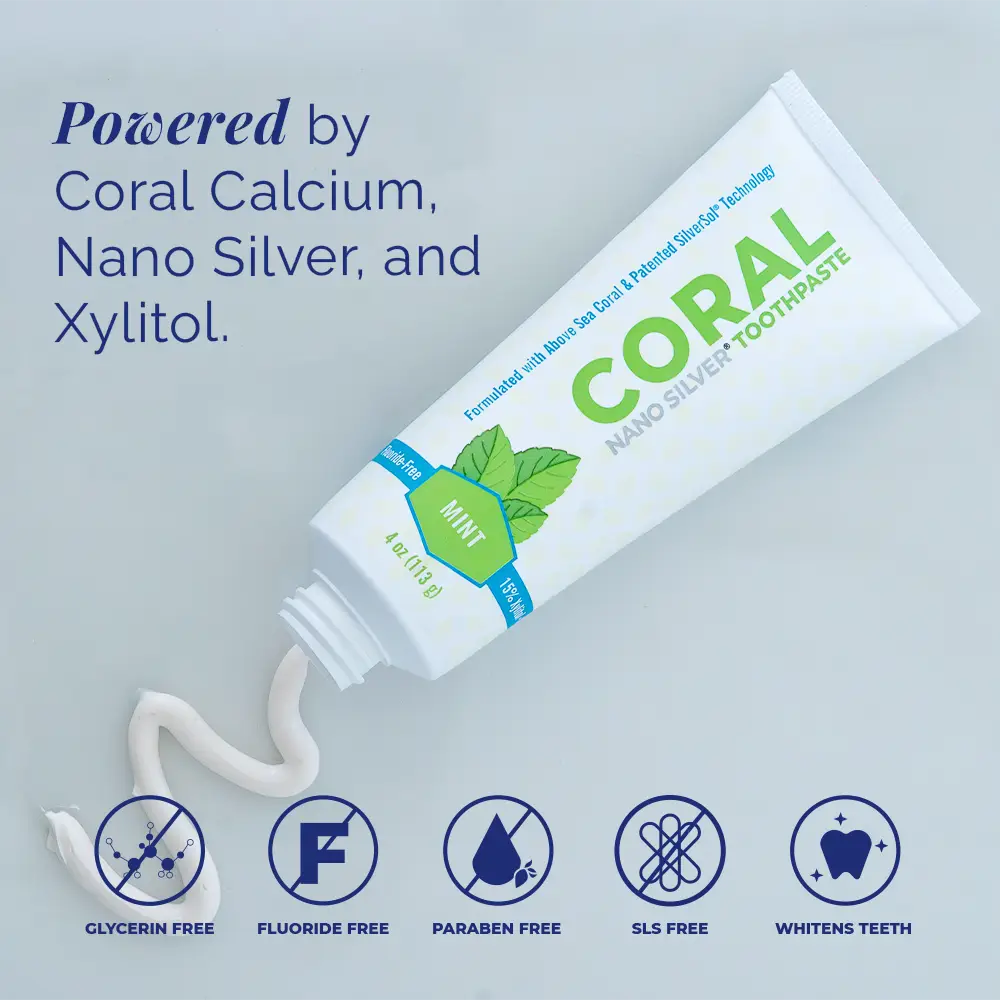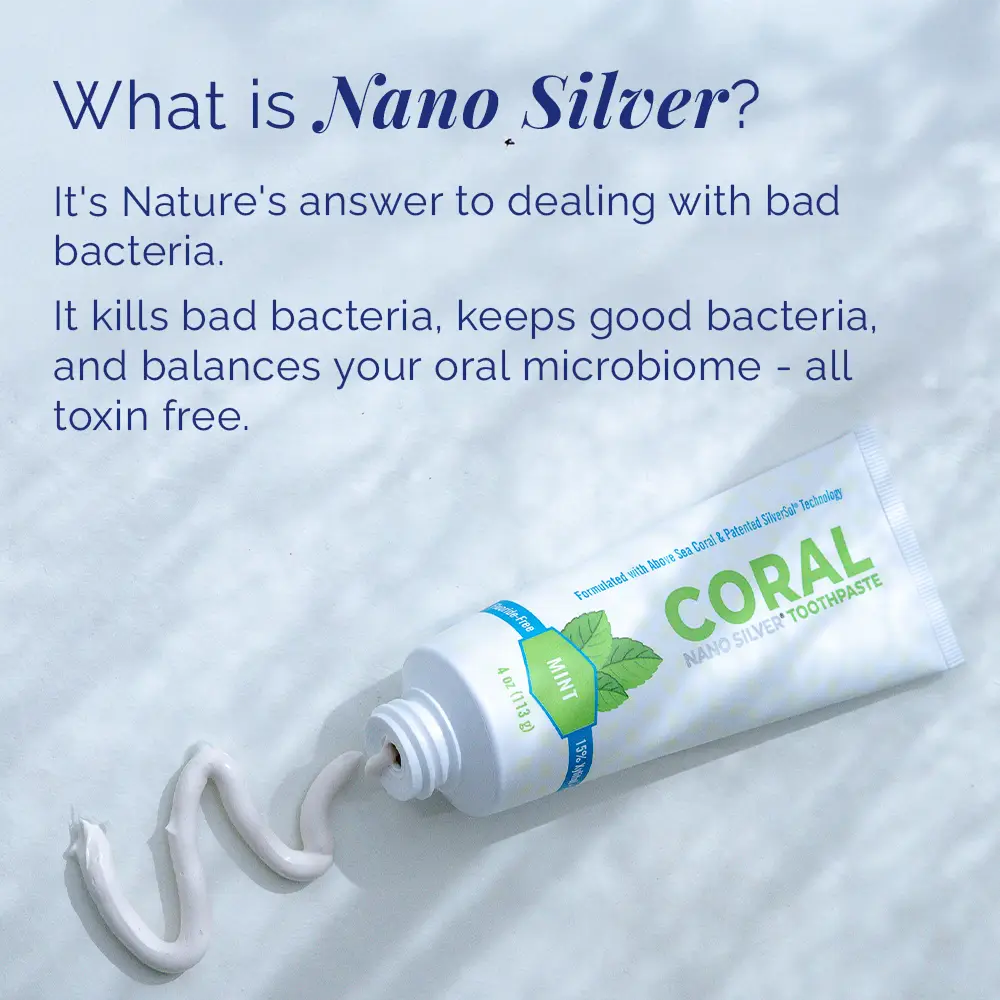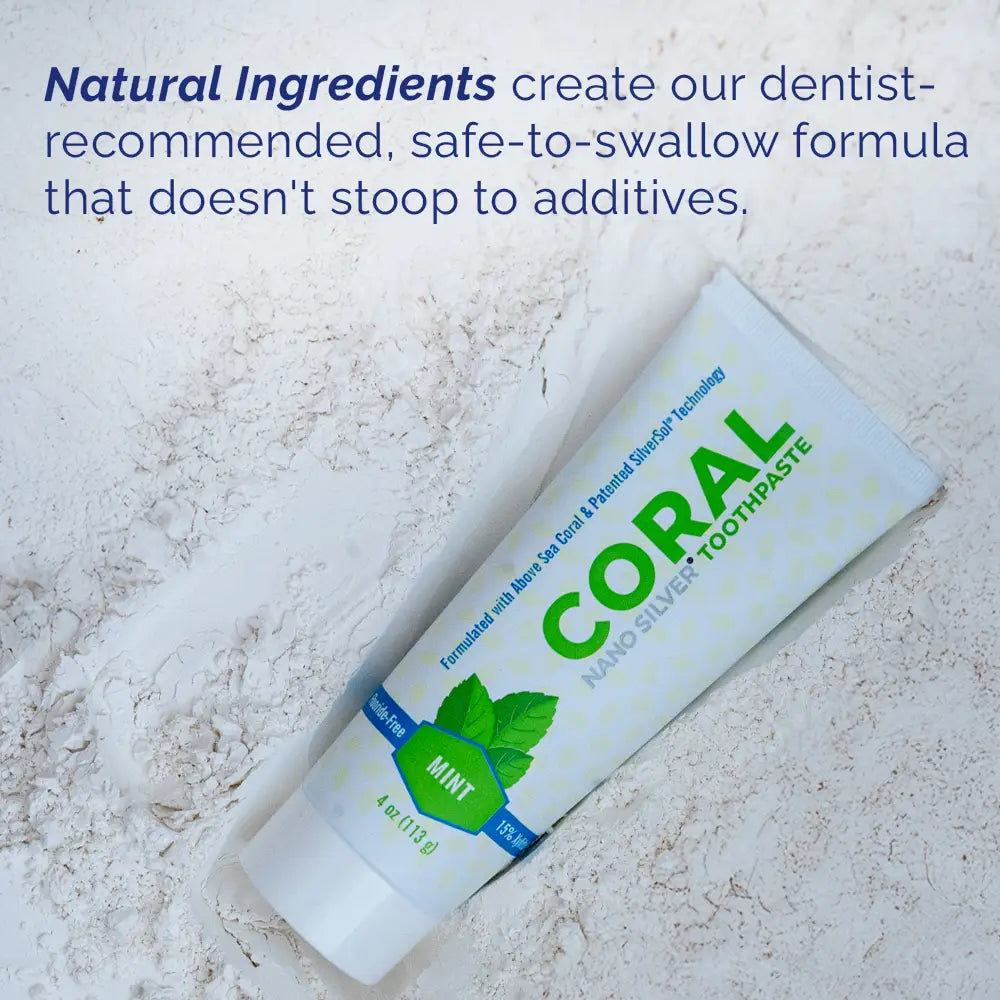Essential Tips For Caring For Your Teeth After Root Canal Treatment

A root canal is a dental procedure designed to remove infected or damaged tissue from inside a tooth.
This treatment becomes necessary when the pulp, which consists of nerves and blood vessels, becomes inflamed or infected due to deep decay, repeated dental procedures on the tooth, or a crack or chip in the tooth. During a root canal, the dentist removes the affected tissue, cleans and disinfects the inside of the tooth, and then seals it to prevent further infection. Proper aftercare is crucial to ensure the success of the treatment and maintain oral health.
Root Canal Treatment After Care Tips
1. Oral Hygiene
Maintaining good oral hygiene is essential after a root canal to prevent complications and ensure the longevity of your treated tooth. Here are some specific steps to take:

Brush Twice a Day
Brushing your teeth twice daily helps remove plaque and bacteria, keeping your mouth clean and reducing the risk of further infection. Use a soft-bristled toothbrush to avoid irritating the treated area. It's also recommended to brush gently around the treated tooth to ensure it remains clean without causing discomfort. Choose a toothpaste that contains fluoride to help strengthen the tooth enamel and protect against future decay.

Rinse With Water or Mouthwash
Rinsing your mouth with water or an antiseptic mouthwash can help remove food particles and bacteria from hard-to-reach areas. This practice helps keep your mouth fresh and prevents infection. Opt for an alcohol-free mouthwash to avoid any stinging sensation around the treated tooth. Rinsing after meals can be particularly beneficial to ensure no food particles remain lodged near the treated area.

Floss Daily
Daily flossing is crucial to remove plaque and food particles from between your teeth and along the gum line. Consider using a water flosser, which can be gentler on the gums and effective at cleaning around the treated tooth. Water flossers use a stream of pulsating water to clean between the teeth and below the gum line, providing an effective and less abrasive alternative to traditional string floss. Regular flossing helps maintain gum health and prevents the buildup of plaque, which can lead to gum disease.

Use Anticavity Toothpaste
Using an anticavity toothpaste helps strengthen your teeth and prevent decay. Look for toothpaste that provides an extra layer of protection. Some anticavity toothpastes contain ingredients that help reduce tooth sensitivity, which can be beneficial after a root canal. Regular use of it can also help maintain overall oral health.
2. Pain Management
After a root canal, it is common to experience some discomfort.
Understanding how to manage this pain can help you recover more comfortably. Many people wonder, are root canals painful.


Pain after a root canal is usually mild and manageable with over-the-counter pain relievers such as ibuprofen or acetaminophen. If you experience severe pain, contact your dentist as it could indicate a complication. It is also normal to experience some sensitivity in the treated tooth for a few days following the procedure. Applying a cold compress to the outside of your cheek can also help reduce any swelling and discomfort.
3. Consider Soft Foods

Its very important to know what kind of foods to eat after root canal as it leads to soreness and swelling in long term.
Avoid hard, crunchy, or sticky foods that could damage your teeth or cause discomfort. Consider soft foods, it can help prevent irritation to the treated area. Stick to a diet of soft, easy-to-chew foods like yogurt, applesauce, mashed potatoes, and scrambled eggs. Gradually reintroduce harder foods into your diet as your tooth heals. It's also a good idea to chew on the opposite side of your mouth from the treated tooth to minimize any risk of discomfort or damage.
4. Avoid Smoking
Smoking can delay healing and increase the risk of complications. It's advisable to avoid smoking after a root canal to promote faster recovery and better oral health.
Smoking can compromise the immune system, making it harder for your body to fight off infection and heal properly. If you smoke, consider using this opportunity to quit, benefiting both your oral and overall health. There are many resources available to help you quit smoking, including support groups, medications, and counseling.

5. Proper Medication
Follow your dentist’s instructions regarding medications.
This may include antibiotics to prevent infection and pain relievers to manage discomfort. Take all medications as prescribed to ensure optimal healing. Do not stop taking antibiotics prematurely, even if you feel better, as this can lead to the development of antibiotic-resistant bacteria. If you experience any adverse reactions to the medications, contact your dentist or healthcare provider immediately.

6. Visit Dentist Regularly
Regular dental check-ups are important to monitor the health of your treated tooth and overall oral health.
Your dentist can identify any potential issues early and provide appropriate care. Schedule a follow-up appointment within a few weeks of your root canal to ensure the tooth is healing properly and there are no signs of complications. During these visits, your dentist may take X-rays to check the status of the treated tooth and ensure the infection has been fully resolved.
Proper aftercare following a root canal is essential for the treatment’s success and your overall oral health. By maintaining good oral hygiene, managing pain effectively, and following your dentist’s recommendations, you can ensure a smooth recovery and a healthy smile. Remember to brush twice a day, rinse with water or mouthwash, floss daily, and use anticavity toothpaste. Manage any pain with over-the-counter medications, eat soft foods, avoid smoking, take prescribed medications, and visit your dentist regularly. These steps will help keep your treated tooth and the rest of your mouth in excellent condition, ensuring you enjoy a lifetime of healthy smiles. Consistent and diligent aftercare not only promotes healing but also protects your investment in your dental health, allowing you to enjoy the benefits of your root canal treatment for years to come.


Author Bio:
Dr. Anu Isaac, DMD, runs the best dental clinic in Salem, MA.
Dr. Isaac strives for quality on a daily basis and this commitment to quality is reflected in her constant pursuit of advanced training. Her firm belief that even experts need to stay updated about what’s new in the dental field, enables her to provide every patient with optimal oral care. As the founder of Coral Dental Care, she is dedicated to creating healthy, beautiful smiles for her patients and also to educating dental and non-dental communities with her engaging articles on all things related to oral health, recent dental innovations, and latest treatment modalities.


